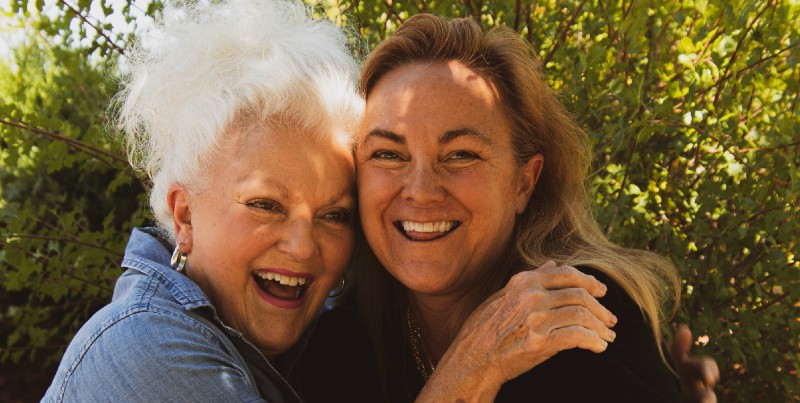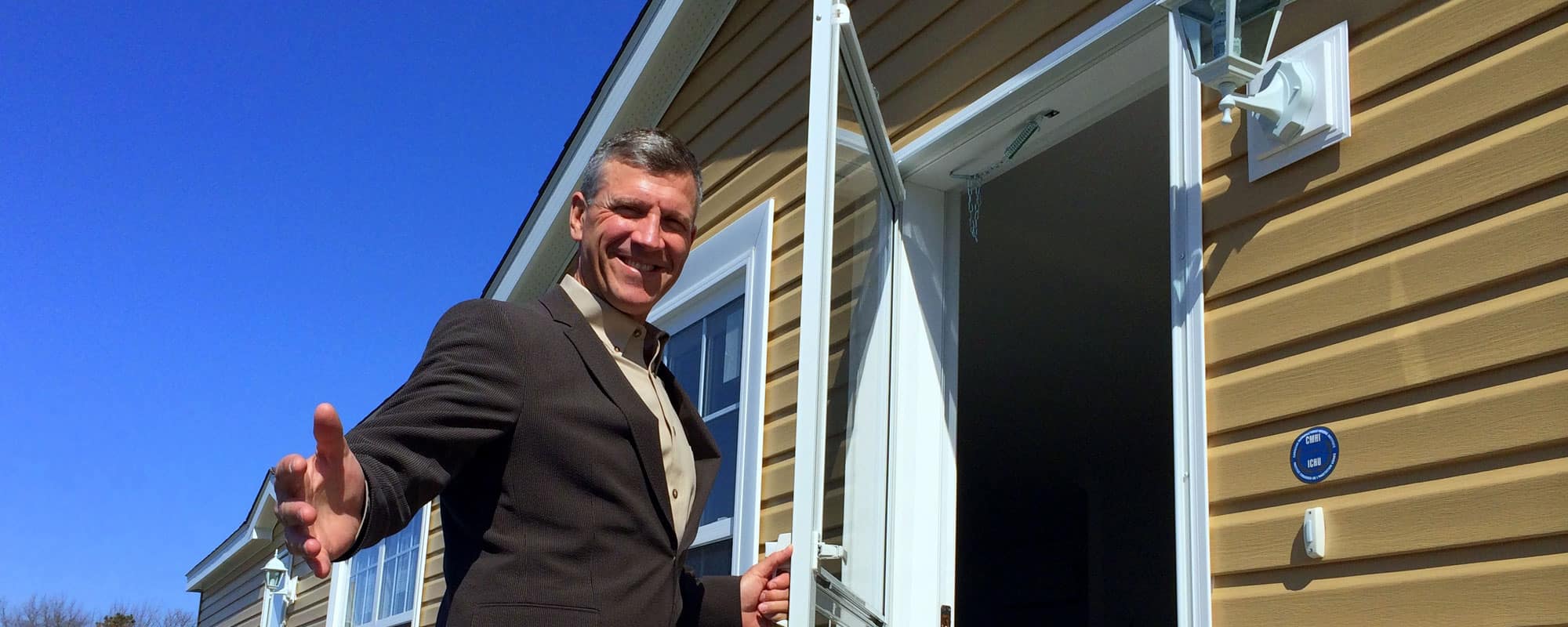
Moving into a smaller place can bring about conflicting emotions. You may love the place you are moving into, and be excited for the practical changes that move will bring to your life, but it can still be difficult to leave behind the home you were raised in, or raised your children in. Whatever you’re feeling about downsizing is valid, and important to acknowledge. Here are some common emotions that may come up in the downsizing process:
Nostalgia and Attachment
Letting go of possessions, especially those with sentimental value, can stir a wave of nostalgia and attachment. Each item might carry memories, making the downsizing process akin to parting with a piece of your history. Acknowledge these emotions, allowing yourself to reminisce and appreciate the significance of what you own, and then let go of the physical possessions, while keeping the wonderful memories attached to that item.
Anxiety and Apprehension
The unknown territory of a smaller space can evoke anxiety and apprehension. Questions about whether you’ll adapt, if the new space will feel like home, or if you’re making the right decision may surface. It’s essential to recognize these concerns and address them with practical solutions and positive affirmations.
Excitement and Liberation
On the flip side, downsizing can be incredibly liberating. The prospect of simplifying life, reducing clutter, and focusing on what truly matters can generate a sense of excitement, as you strive to give yourself more freedom. Downsizing also allows you to enjoy better health benefits of a smaller space – such as minimizing the need for stairs. Embrace this positive energy and use it as a driving force throughout the downsizing journey.
Fear of Loss
The fear of loss, not only of possessions but also of space, can be a prevalent emotion. Larger homes often symbolize abundance and success, and downsizing might trigger fears of losing status or comfort. It’s crucial to reframe these thoughts, recognizing that a smaller space can offer its own unique comforts and joys, such as making it easier to travel or visit friends / loved ones for longer periods, without the fear of who you will task to look after a large property.
Here’s how to downsize in a way that protects your emotional health:
Start Early and Take Your Time
One of the keys to managing the emotional aspects of downsizing is to start the process early. Procrastination can intensify emotions, so give yourself ample time to sort through belongings and make decisions thoughtfully. Break down the work, setting manageable goals (by Tuesday I’ll have emptied the second bedroom, etc) that will help the task ahead seem less huge.
Create a Vision for Your New Space
Before you start decluttering, create a vision for your new, downsized space. Envision the lifestyle you want to lead and the ambiance you’d like to create. Having a clear vision can serve as a guiding light, making it easier to part with items that don’t align with your new vision, and helping you get excited about your new space!
Prioritize and Categorize Items
As you go through your belongings, prioritize and categorize them. Identify items that hold deep sentimental value, those that are practical for your new space, and those that can be donated or sold. This systematic approach adds structure to the downsizing process, and feel good knowing that by donating some items, you are helping others in need.
Digital Documentation
For items with sentimental value, consider creating digital documentation. Take photos of old photographs, letters, or other memorabilia. This way, you can preserve the memories digitally, without the need to keep physical copies, reducing the emotional weight of letting go.
Celebrate the Positive Aspects
Shift your focus to the positive aspects of downsizing. Celebrate the liberation from excess belongings, the potential for a more organized and functional space, and the financial freedom that comes with a smaller living arrangement. Stop wasting all your free time clearing and maintaining a big home that no longer meets your needs, and instead, embrace the positives and you will see that they outweigh any emotional challenges.
Seek Support and Share Stories
Downsizing is a shared human experience, and seeking support from friends, family, or online communities can be immensely beneficial. Share your stories, listen to others’ experiences, to find solace in the collective journey toward a more streamlined and intentional lifestyle.
Personal Growth and Transformation
View downsizing as an opportunity for personal growth and transformation. Embrace the chance to reassess your values, redefine your relationship with possessions, and cultivate resilience in the face of change. A smaller space can become a canvas for a more intentional and mindful way of living.
Practice Self-Compassion
Throughout the downsizing process, practice self-compassion. Understand that it’s okay to feel a range of emotions and that the journey is a process, not a single event. Be kind to yourself, celebrate small victories, and acknowledge the courage it takes to embrace change.







